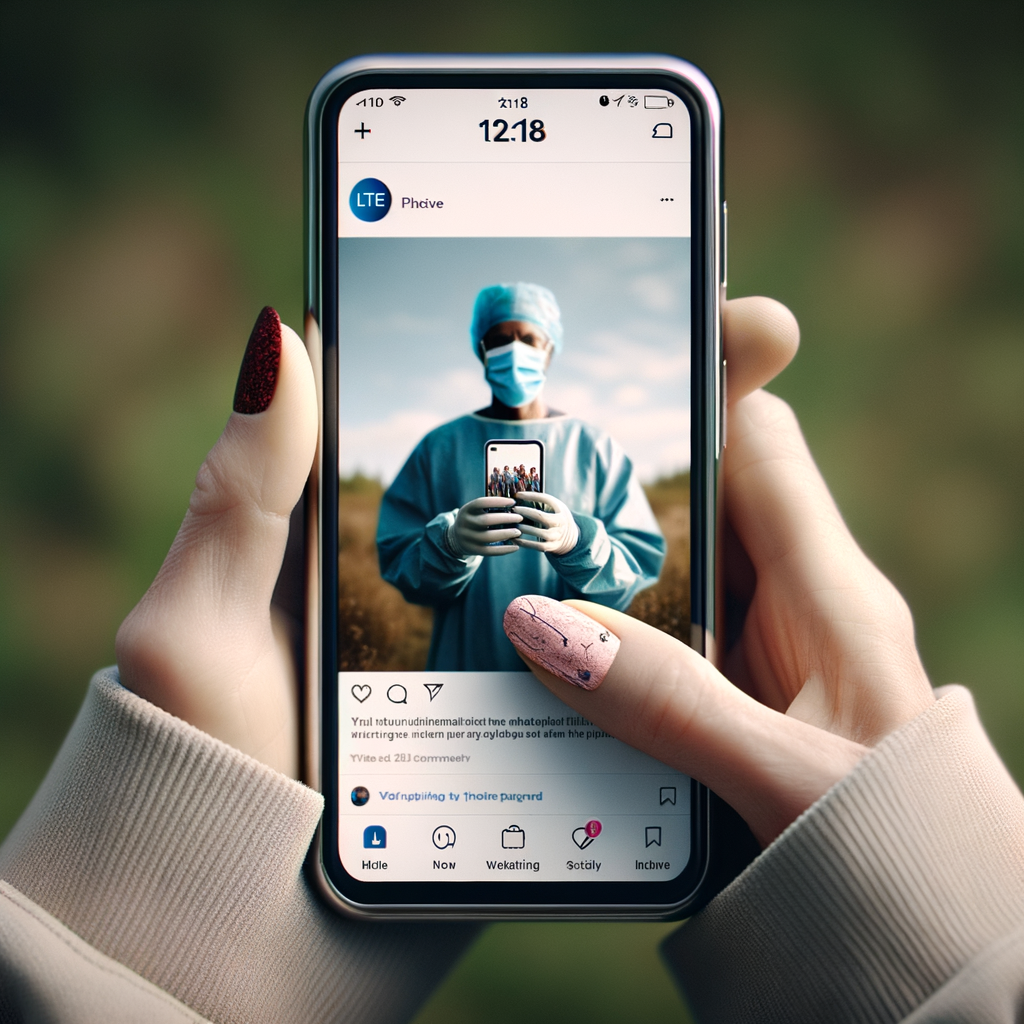NHS Unveils Groundbreaking Capsule Sponge Test
In an innovative move by the National Health Service (NHS) England, the traditional endoscopy, often perceived as invasive and discomforting by patients, is being replaced in thousands of low-risk cases. The hero of this healthcare revolution is the “capsule sponge test,” a device that promises to streamline the diagnosis process for conditions leading to esophageal Cancer and Barrett’s esophagus, thereby enhancing patient experience and optimizing healthcare resources.
Understanding the Capsule Sponge Test
The capsule sponge test involves a straightforward procedure where patients swallow a small, capsule-shaped device containing a sponge. This sponge collects cell samples from the esophagus as it is withdrawn, providing material for effective analysis without the need for an endoscopy. Developed by Professor Rebecca Fitzgerald and her team at the University of Cambridge, this test demonstrates significant potential in promptly diagnosing Barrett’s esophagus, a precursor to esophageal cancer.
Benefits of the NHS Trial
The real-world pilot of the capsule sponge test by the NHS has showcased encouraging outcomes. With over 8,500 patients participating, nearly eight in ten individuals underwent the test without the need for further invasive procedures. As a result, endoscopy capacity is now prioritized for those at higher risk or requiring urgent examination for esophageal cancer, marking a substantial improvement in healthcare efficiency and patient care.
- Reduced Need for Traditional Endoscopy
- Improved Patient Comfort and Convenience
- Enhanced Diagnostic Efficiency
Impact on Patients and Healthcare Provision
Reducing the reliance on traditional endoscopy procedures has considerable benefits for both patients and healthcare systems. Patients often report a preference for the capsule sponge test over endoscopy due to its less invasive nature and the minimal discomfort experienced. By alleviating the pressure on endoscopy services, the NHS can allocate resources more effectively, ensuring those in urgent need receive timely care.
Case Studies and Success Stories
The initial trials conducted at various NHS sites, including East and North Hertfordshire NHS Trust, have already shown promising results. Among the first 1,000 patients tested, the capsule sponge test identified Barrett’s esophagus in 6% of cases and detected two new cases of cancer. This not only underscores the test’s efficacy but also its potential in early cancer detection and prevention.
Looking Towards the Future
The NHS’s adoption of the capsule sponge test represents a significant leap forward in patient-centered care. As the health service continues to explore and implement innovative diagnostic tools, the focus remains on improving patient experiences, enhancing diagnostic accuracy, and optimizing the use of healthcare resources.
The capsule sponge test stands out as a prime example of how embracing technological advancements can transform healthcare delivery. With continued support and research, it’s poised to become a staple in the diagnosis and management of esophageal conditions, potentially saving lives through early detection and intervention.







